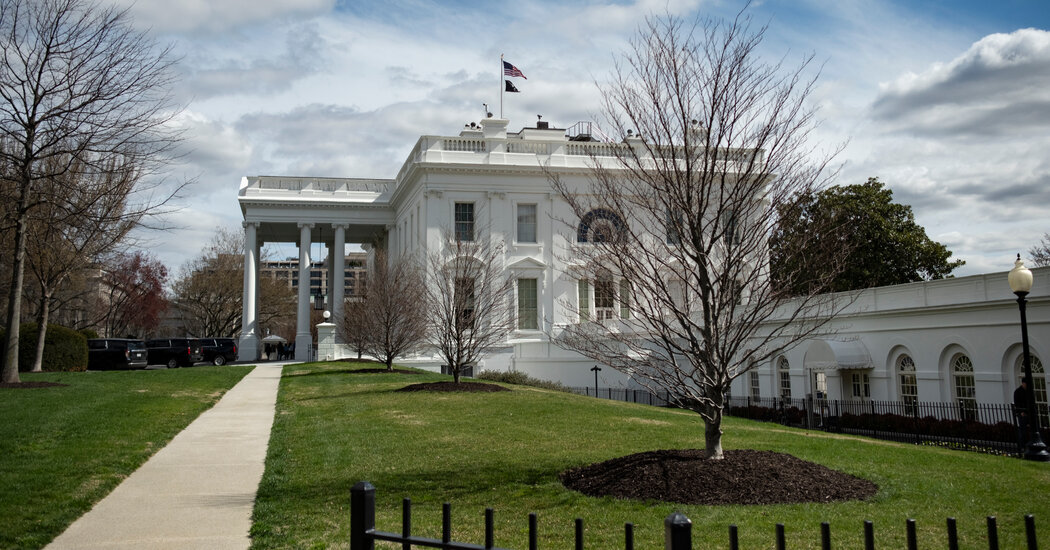
Federal Reserve officials are fiercely protective of their separation from politics, but the presidential election is putting the institution on a crash course with partisan wrangling.
Fed officials set policy independently of the White House, meaning that while presidents can push for lower interest rates, they cannot force central bankers to cut borrowing costs. Congress oversees the Fed, but it, too, lacks power to directly influence rate decisions.
There’s a reason for that separation. Incumbent politicians generally want low interest rates, which help to stoke economic growth by making borrowing cheap. But the Fed uses higher interest rates to keep inflation slow and steady — and if politicians forced to keep rates low and goose the economy all the time, it could allow those price increases to rocket out of control.
In light of the Fed’s independence, presidents have largely avoided talking about central bank policy at all ever since the early 1990s. Pressuring officials for lower rates was unlikely to help, administrations reasoned, and could backfire by prodding policymakers to keep rates higher for longer to prove that they were independent from the White House.
But Donald J. Trump upended that norm when he was president. He called Fed officials “boneheads” and implied that Jerome H. Powell, the Fed chair, was an “enemy” of America for keeping rates too high. And he has already talked about the Fed in political terms as he campaigns as the presumptive Republican nominee, suggesting that cutting interest rates before November would be a ploy to help President Biden win a second term.
Some of Mr. Trump’s allies outside his campaign have proposed that the Fed’s regulatory functions should be subject to White House review. Mr. Trump has also said he intends to bring all “independent agencies” under White House control, although he and his campaign have not specifically addressed directing the Fed’s decisions on interest rates.
Direct White House input into Fed policy seems “far-fetched,” said Gabriel Chodorow-Reich, an economics professor at Harvard. But he noted that administrations could chip away at the central bank’s independence in more subtle ways, including through whom they choose to nominate to key Fed positions (Mr. Powell’s term as chair expires in May 2026) and through extended pressure campaigns.
“There are elements of this that could happen that are not immediately cataclysmic, but over time, by reducing the Fed’s independence, they make it more difficult” for the Fed to make hard decisions like raising rates to slow the economy, Mr. Chodorow-Reich said.
And in the near term, the reality that the Fed seems likely to remain a political topic headed into the election has some economists wondering whether central bankers would feel comfortable starting to cut interest rates at their September or November meeting, even if inflation cools enough for them to do so. Making a move right before the election could draw even more attention to the Fed.
But some economists think that officials will still cut rates late this year if that’s what is warranted, regardless of the political backlash that could result.
“My guess is that ceteris paribus, they’d like to stay away from right on top of the election,” said Donald Kohn, a former Fed vice chair who is now at the Brookings Institution, referring to the Latin phrase meaning that all else is held equal. “Other things won’t be equal. The incoming data will be the main factor governing when they cut interest rates.”

